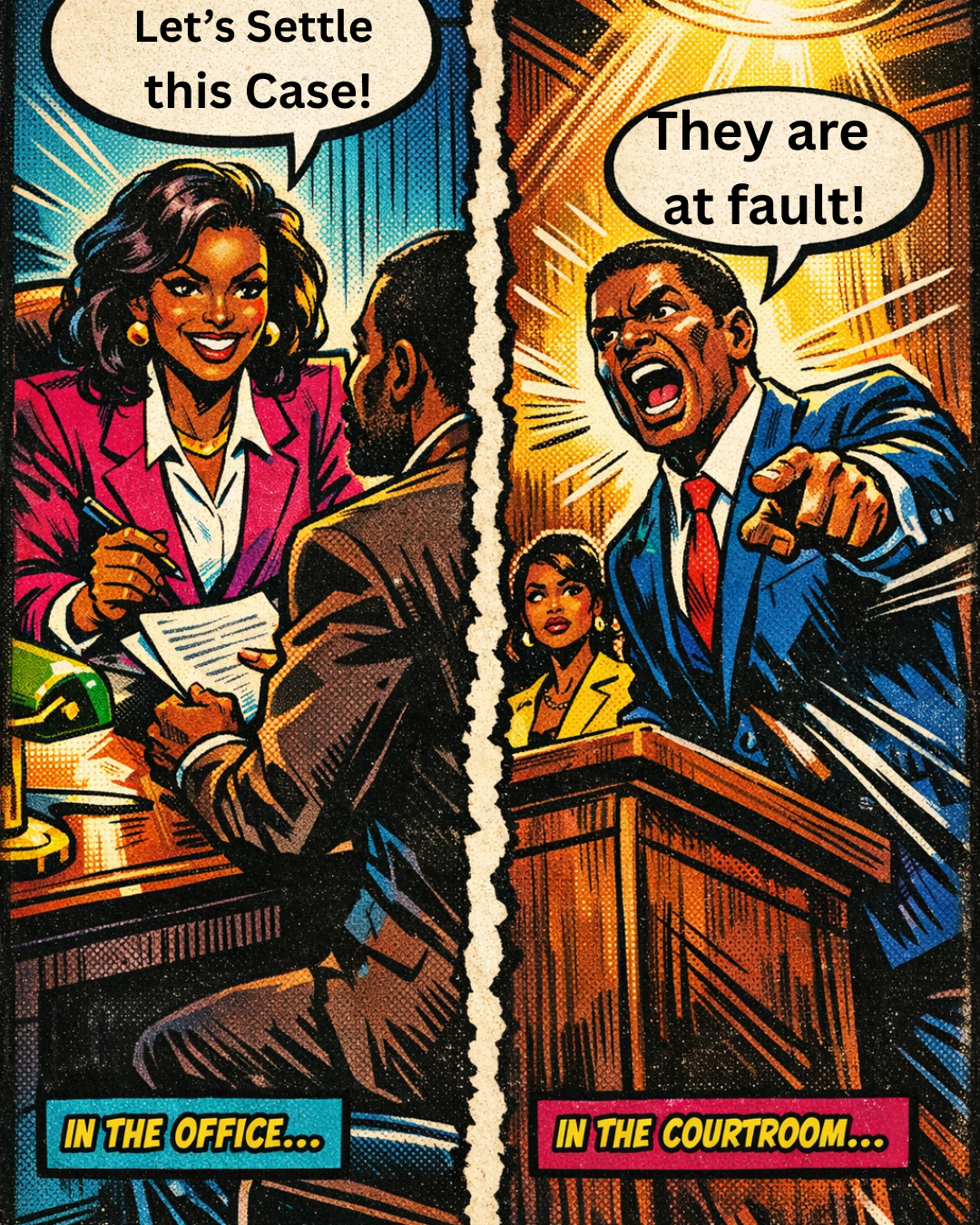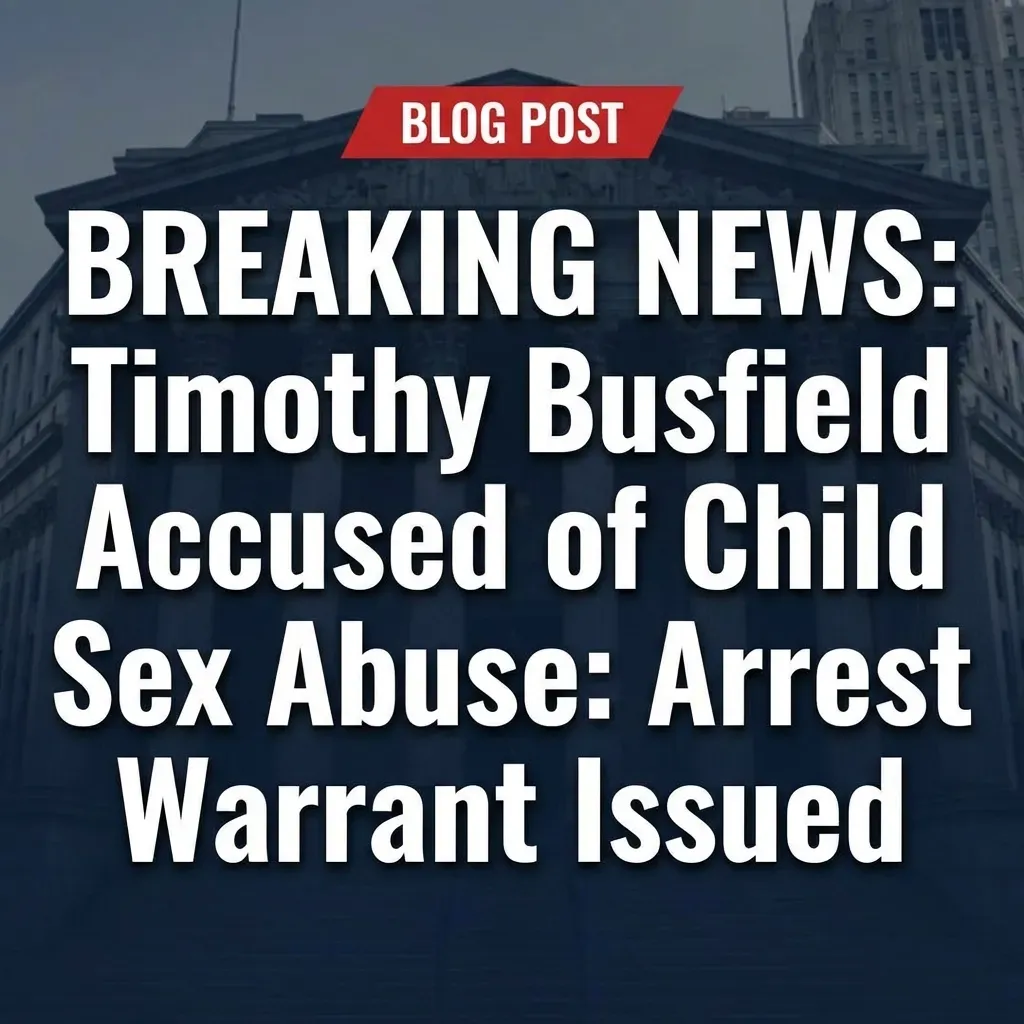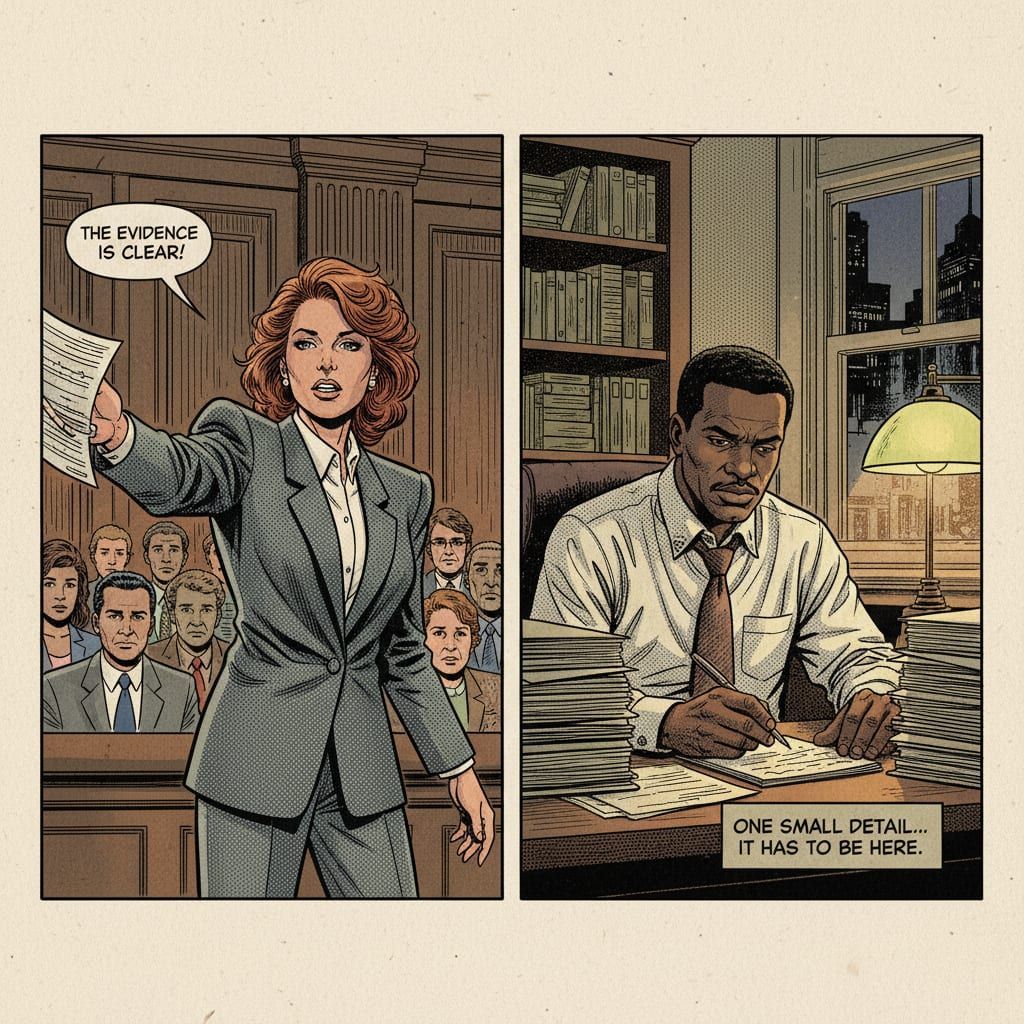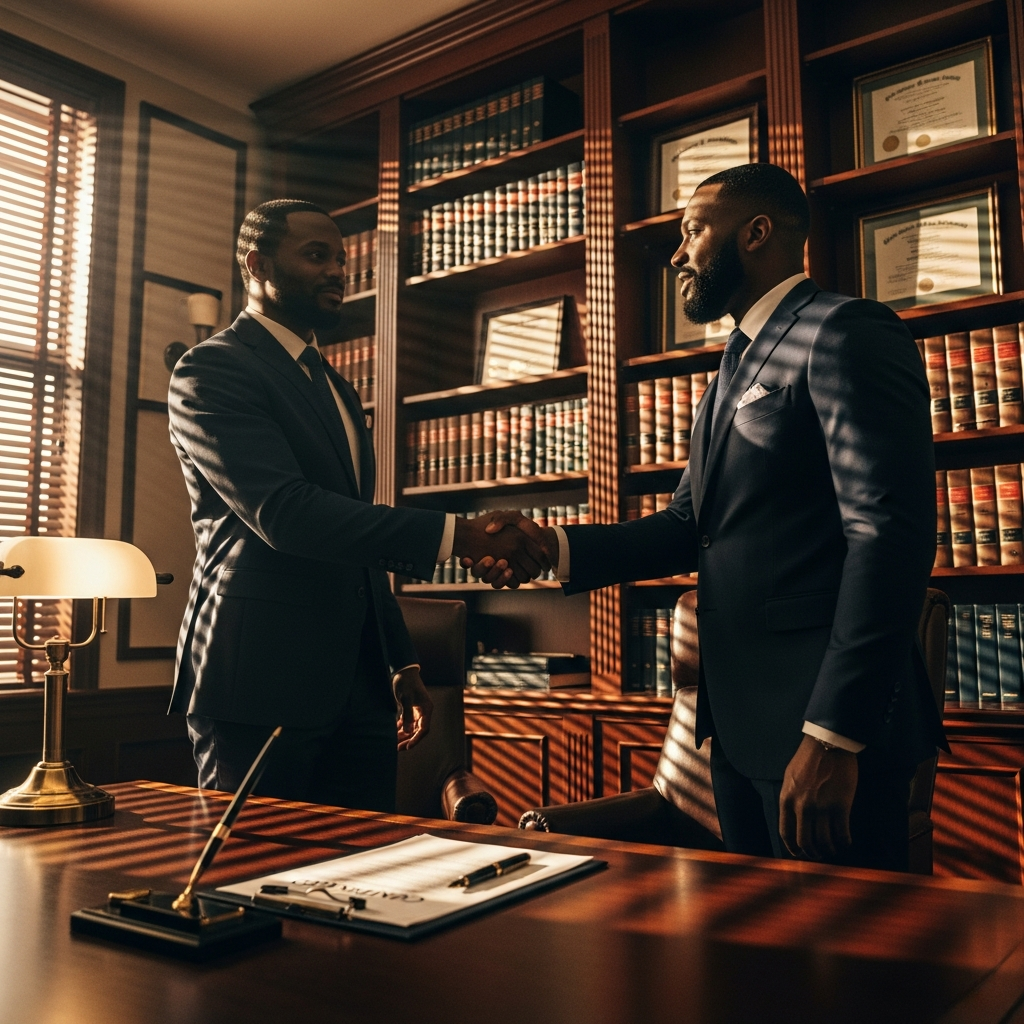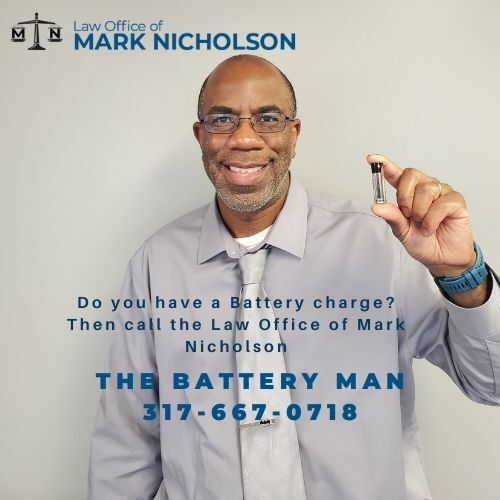Supreme Court Prohibits Miranda Rights Lawsuits
Can You Sue for Miranda Violation?
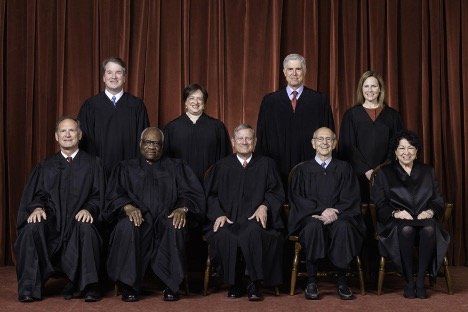
In a decision issued on Thursday, the Supreme Court limited the ability to enforce Miranda rights by stating that suspects who are not informed of their right to remain silent are not eligible to file a federal civil rights lawsuit against a police officer for damages, even if the evidence was ultimately used against them in their criminal trial.
Due to the court's decision, no one will be able to seek damages, reducing their protections against being forced to testify against themselves. It also means that a law enforcement official won't be subject to potential financial losses in a civil action for failing to issue the warning. However, it won't affect whether such evidence is excluded from a criminal trial. The Miranda warning does safeguard a fundamental right, but the court made it clear that the warning itself does not confer the right to file a civil case.
Indiana Criminal Defense Attorney’s Response
According to Mark Nicholson, an Indianapolis criminal defense attorney, "When the supreme court ruled Thursday, it doesn't mean the end of Miranda rights." However, it makes it much more difficult to enforce. According to this decision, the only way to correct a Miranda violation is to suppress any remarks made by a defendant who wasn't properly informed of his right to keep silent.
There is, however, no recourse for the government's misconduct if the case is never tried, if the government never intends to utilize the statement, or if the statement is admitted despite the Miranda violation.
A violation of the Miranda right "is not itself a violation of the Fifth Amendment," according to Justice Samuel Alito, who was backed by the other five Republican-appointed justices. Furthermore, under the relevant law, "we see no basis for broadening Miranda to bestow a right to sue."
Along with the other liberal justices, Justice Elena Kagan stated that the Miranda rights were being violated and that the court's decision was depriving people of their right to seek redress.
Justice Kagan said that the majority opinion here, as elsewhere, injures the right by denying the remedy.
Terence Tekoh’s Case
Terence Tekoh, a hospital employee, was charged with sexually assaulting a female patient who was paralyzed at a nearby hospital in 2014.
It wasn't whether a defendant had to be informed of his Miranda rights that was in question, but whether he could file a lawsuit against a law enforcement officer for damages if he wasn't given the warning prior to the introduction of evidence in a criminal case. The topic has divided lower courts.
A sheriff's deputy from Los Angeles County named Carlos Vega interrogated Tekoh, but he did not read him his rights as required by the Miranda v. Arizona ruling from 1966, which stated that a defendant must be informed of a "right to remain silent." According to that precedent, criminal trial courts are typically prohibited from accepting self-incriminating statements made while the defendant was in custody when they don't have the Miranda warning.
Even after his confession was admitted during his trial, he was found not guilty. Later, he filed a lawsuit against the officer under Section 1983 of the Federal Civil Rights Act, which permits civil damages claims against public officials who violate constitutional rights.
On the question of whether Vega employed coercive methods to get an involuntary confession, the parties couldn't agree.
While Tekoh's lawyers claimed he was coerced into confessing in a windowless chamber, Vega's attorneys insisted that Tekoh's admission was completely consensual and voluntary and that he was not technically "in custody" at the time.
According to Roman Martinez, an attorney for Vega, Tekoh was unable to pursue his claim since proving a Miranda violation does not prove a Fifth Amendment violation.
Martinez stated in court documents that Miranda establishes a procedural rule prohibiting prosecutors from introducing—and courts from admitting—certain unwarned remarks as a part of the prosecution's case-in-chief in a criminal trial.
According to Martinez, the Miranda warning is a constitutional requirement, not a right, and the lawsuit cannot proceed on that basis. Martinez contended that Miranda only precludes the future acceptance of such admissions at trial. Miranda does not prohibit taking unwarned statements.
According to him, if Tekoh won his appeal police stations across the country would be saddled with exceptional duties in connection with the authorized and proper investigative activity. Martinez claimed that any police engagement could result in a personal lawsuit even when the police officer has done it perfectly legitimately.
The Court recognized, that the Miranda case established an essential preventative rule preserving the Fifth Amendment protection against compelled self-incrimination. However, failure to provide a Miranda warning does not necessarily constitute a Fifth Amendment violation.
In favor of Vega was the Biden administration.
In court documents, Solicitor General Elizabeth Prelogar stated that a suspect could not sue a police officer under Section 1983 for breaking the Miranda rule since it pertains to the admissibility of evidence at trial.
Miranda Rights Attorney
If the police didn’t read you the Miranda Rights, then contact an Indiana Miranda Rights attorney. Attorney Mark Nicholson has experience filing motions to suppress evidence and statements when the police fail to read your rights.
Call 317-667-0718



